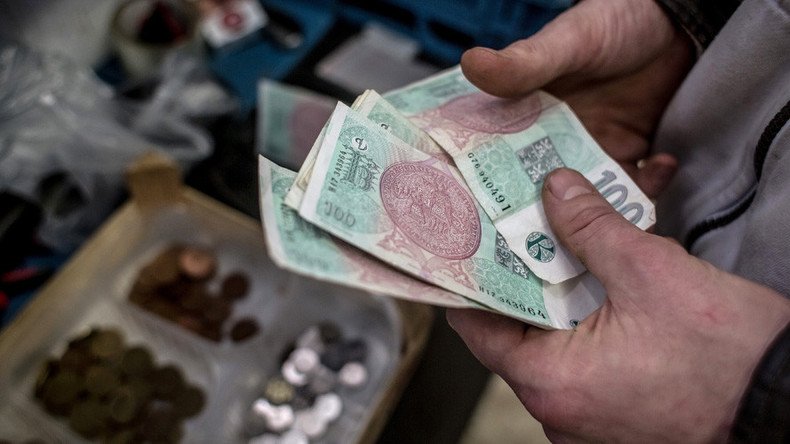Vast majority in Czech Republic reject euro in favor of national currency

Over 85 percent of Czechs are against the idea of replacing the koruna with the euro, according to a poll by Datamar before parliamentary elections.
“In Czech society, a negative outlook on the republic's entry into the eurozone prevails. A total of 85.2 percent of respondents said they were against, while 51.2 percent of them expressed their categorical reluctance. The adoption of euro is supported by 14.8 percent of respondents, but only 4.6 percent of them are absolutely sure about that,” said the pollsters, who carried out the survey in October ahead of the parliamentary elections.
The Czech koruna has become the world’s top performing currency against the US dollar, strengthening over 10 percent against the greenback in the last 52 weeks. The koruna has appreciated more than four percent year-to-date, the most of all currencies in the world, ahead of the Russian ruble, Polish zloty and Swedish krona.
Danske Bank predicted in September the koruna would extend its rally, “based on robust Czech economic fundamentals and relative monetary policy divergence.”
READ MORE:Denmark & other EU members may soon be forced into the euro
Besides the currency, more than 88 percent of respondents support the introduction of national referendums on key issues of the country's life. Currently, it is only legally possible to hold referendums at the district level.
The survey participants were divided on the employment of foreign citizens in the country. About 51 percent of the respondents expressed their approval, and 48.8 percent opposed it.













